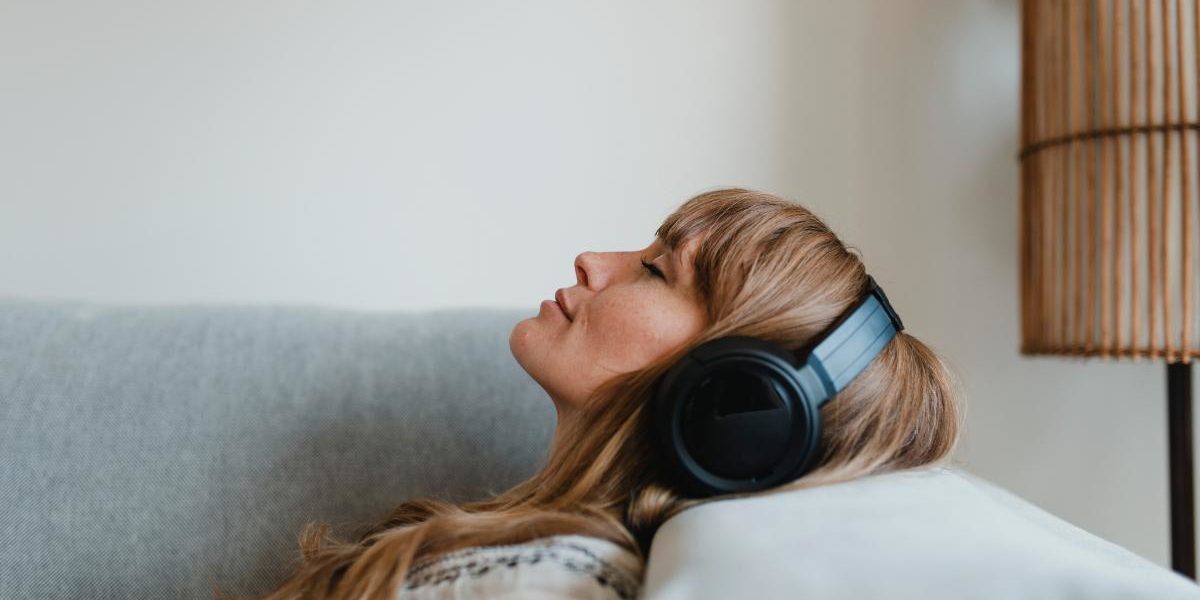Treatment for an addiction to drugs and alcohol can incorporate many elements. Holistic treatment is often a great complement to traditional evidence-based treatments. These holistic approaches can help with recovery by assisting patients in achieving balance. The goal is to treat the body, mind, and soul. Music can be one of the most effective ways to soothe the soul, whether it is part of a structured music therapy program in treatment or as a tool to inspire you during recovery.
If you are ready to approach your drug addiction more constructively, call the Crossroads team at 877.978.1667. We have options for you, including how you can use music in recovery.
Music in Recovery Is Beneficial
Music is part of almost everyone’s daily lives; sometimes, it can be a substantial part of a person’s life. Music can entertain, relax, and distract an individual—adding value to lives in many ways. Music can motivate, which explains why sports teams have fight songs and athletes have workout playlists. It can pump a person up and offer relaxation when you want to chill out. Music can even cause raw emotions, like anger or sadness. It all depends on the music and the person.
Music can be powerful, and using music in recovery could be a helpful tool for a person’s treatment. Music can be a therapeutic benefit to those struggling with addiction, especially as part of an individual’s recovery. It becomes music therapy when utilized as a part of a professional addiction treatment plan. In this way, it complements other more traditional forms of treatment.
As far as the type of music, it is a personal choice. Each person will connect more with music to which they have a personal connection, so the music to listen to in recovery will vary on a person’s preference. In general, songs with strong melodies and rhythms can quite literally strike a chord with people. People will often connect with songs they have a personal connection to and that have been a part of their lives. Therapeutically using music in therapy has shown to be an effective way to get people to deal with various problems, including addiction. At Crossroads, we understand the benefits of music in recovery and our other experiential therapies.
Experiential Therapies at Crossroads
Yoga Therapy
At Crossroads, yoga is at the core of our holistic therapies, in addition to our equine and acupuncture therapies. Yoga is a part of our Back Cove residential women’s treatment center, Crossroads CAMP (our children and mothers residential program), or even the intensive outpatient program.
Equine Therapy
Equine therapy can help build empathy, compassion, and confidence. This type of therapy works on communication and social skills and the skills to care for something other than yourself. Working alongside an animal to meet goals together can be highly advantageous.
Acupuncture Therapy
Acupuncture can help reduce your body’s dependence on the substance you abuse. Reducing drug dependency can be achieved through the extra dopamine release due to acupuncture. The extra dopamine replaces the natural dopamine that isn’t being produced in your body because of the toxins in drugs and alcohol. Breaking this cycle of dependence is the key to sobriety.
Find Your Road to Recovery at Crossroads
While Crossroads does not offer a structured music therapy program, we understand the value of music as a holistic therapy, especially during recovery. Utilizing various holistic therapies, like music, alongside traditional evidence-based approaches, you can achieve lifelong sobriety with the help of a dedicated treatment team.
At Crossroads, we specialize in addiction treatment programs for women, including:
- Intensive outpatient program (IOP)
- Residential women’s treatment center
- Rehab for women with children
- Dual diagnosis treatment
Our caring and compassionate treatment team are available to answer any questions about your treatment options. Call our team today at 877.978.1667.


















